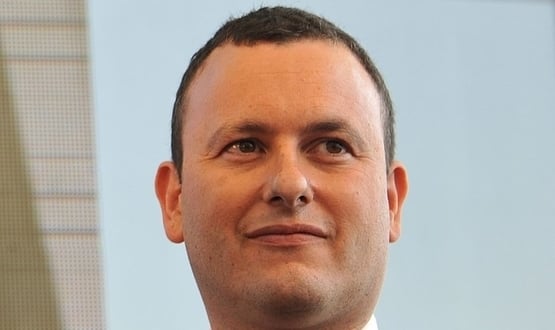NHSX CEO takes questions from Summer School delegates
- 19 July 2019

The CEO of NHSX has addressed delegates at this year’s Digital Health Summer Schools, talking about a number of issues ranging from reducing the burdens on clinicians, to the Global Digital Exemplar (GDE) programme.
Speaking in Leeds on 19 July, Matthew Gould took questions ranging from how his previous job experience could help in the new role, to his recent tour of the country, where he visited a number of healthcare organisations.
Gould, who has previously served as the British ambassador to Israel, was asked about the five missions of NHSX, in particular the easing of burden on clinicians through reducing system login times.
He said: “Slices of most clinicians’ days are stolen by having to wait for their system. If we could give that back, the impact would be enormous.”
NHSX, a brand new organisation that will oversee digital transformation across the health service, went live on 1 July.
Looking ahead, Gould, who was appointed as NHSX CEO in April, was asked whether he had any worries about his new role, and the weight of expectation.
In response, Gould said he couldn’t fix NHS digitisation on his own, adding that he wanted to have a collective and collaborative approach.
He remarked that he was worried that people would think NHSX would fix everything.
Another topic raised was the GDE programme, which focuses on creating sites of digital excellence.
Gould said he wanted to explore how trusts which are not part of the programme, could access resources so they are able to digitise.
He added that he was hoping to answer the question of what comes after the GDEs.
Over the last two days, attendees from the Digital Health Summer Schools have heard from a range of speakers.
On 18 July, audiences heard international keynotes from Nick Adkins, John Halamka and Margunn Aenestad.
The Shuri Network, which aims to support and encourage women of black and minority ethnic (BME) backgrounds in digital health roles, was launched.



